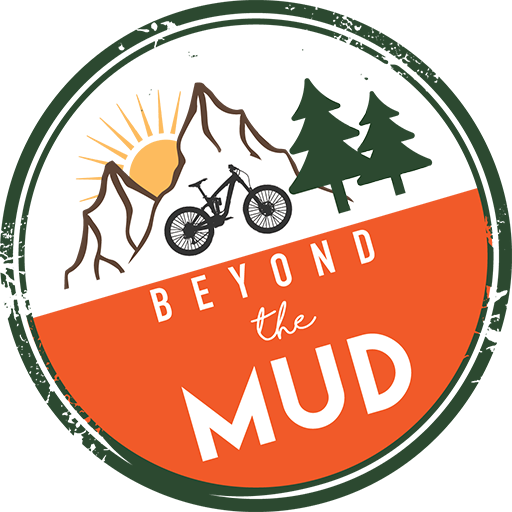There are barely a handful of sporting activities which come as close to mountain biking for physical demand. Since mountain biking joined the Olympics in 1996, riders have since chosen to specialise in either cross-country or downhill disciplines.
Both downhill and cross-country disciplines include high impact and require sharp reflexes. Fuelling both brain and body right is essential.
To stay at peak performance, the following five foods are absolutely essential for a mountain biker’s diet.
Whole Grain Breads
A hearty nutrient-dense carbohydrate, whole grain bread tastes great and is incredibly versatile. Like other carbohydrates, whole grain bread offers slow release energy throughout the day to compliment your calorie rich snacks.
It’s not so much the bread itself but the whole grains which offer the best nutrients. These nutrients include:
- Protein – great for muscle recovery, particularly after an intense ride.
- Fibre – essential for smooth bowel movement, keeping you feeling light and comfortable.
- B vitamins – great for energy levels and brain function, helping you think sharp.
Commonly considered a superfood, yet often left out in a western diet – whole grain.
Carbs really are king, and your body can consume around 60g per hour so pack a sandwich for a mid-ride break to aid recovery and support muscle growth.

Lean Meats
Or alternatively eggs for vegetarians. Lean meats which include beef, lamb, veal, chicken and most seafoods offer the best post-ride recovery nutrients. Particularly chicken and fish offer a low-fat / high protein mix which aids muscle recovery and will digest easily.
The western diet has moved towards stocking up on lean meats in the evening. However a regular serving of lean meat throughout the day is highly recommended particularly if you train daily either on the bike or in the gym.
For the best combination of fats and oils whilst keeping the environment in mind, I would recommend eggs for breakfast, fish or nuts and seeds during lunch and chicken in the evening.
Porridge
With any luck, you have slept a solid 8 hours prior to competition day with plenty of deep REM sleep. Even if you haven’t slept, don’t worry as a porridge breakfast will put things straight. Or even better – porridge with banana provides the ultimate slow release energy throughout the day. If it’s a competition day, make sure you’re eating no less than 2 hours before you start riding.
Gone are the days of boring breakfast – try adding banana and honey to suit that sweet tooth and increase your energy.
Finally, to aid digestion make sure you drink at least a pint of water with breakfast. This combination will keep you feeling light and agile whilst providing slow-release energy throughout the day.

Jelly Sweets
Particularly on a 2 to 3 hour cross-country ride, even the biggest bowl of porridge won’t keep you fully energised during your ride. Jelly sweets (which have gelatin-free vegetarian alternatives in most supermarkets) offer a lightweight yet dense source of quick release energy which is high in calories.
My recommendation would be to pack these sweets without a bag in a handlebar bag or small back pocket in your shorts. A decent handful will do the trick and can be accessed without having to stop for long and lose time.
Raisins
Raisins prove particularly effective if, like me, your stomach doesn’t agree with energy gels or similar products. Similarly to jelly sweets, raisins are easy to access and are calorie dense, however what makes them unique is that they are stacked with carbohydrates.
Raisins are easy to eat on the go and packed with nutrients.
My recommendation would be to wrap up individual portions of raisins, nuts and seeds in foil and eat one portion every 20 to 30 minutes. This way, you’ll never feel hungry and you will assist that slow-release energy from your hearty breakfast earlier in the day.

In Conclusion
A high performance diet is achievable by any kind of rider with any diet requirements. The key then is to plan your food into pre, during and post ride with two goals in mind: to offer slow release energy throughout your ride, avoid hunger at any point and aid recovery following your ride.
Written by Aled Nelmes from trade bike supplier Mackadams
